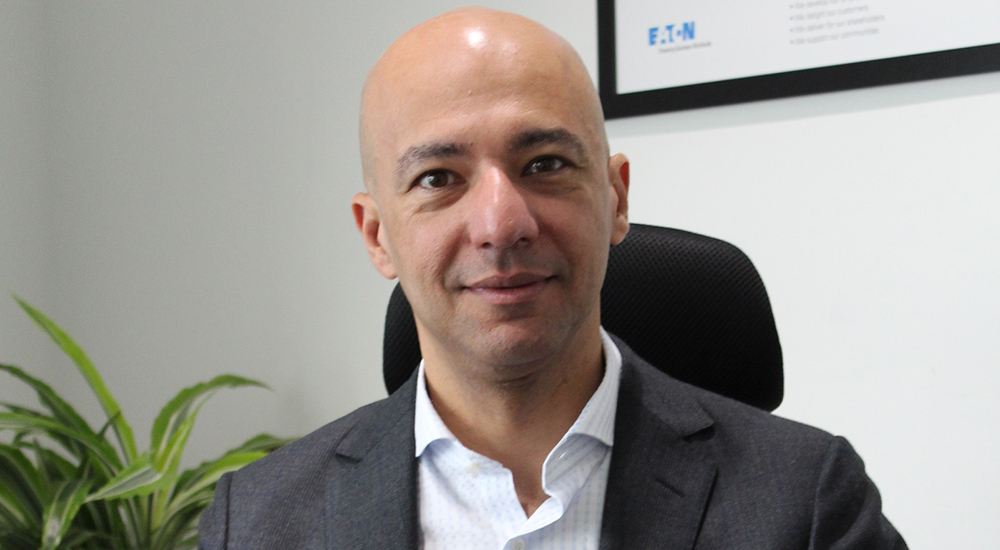Top Transformation Champions: Stepping up for sustainable business solutions

 Transformation is hard, but digital change is harder. Businesses need to have the correct digital policies and vision in place. They need to have the correct guidelines and a plan to transform their journey on the digital landscape.
Transformation is hard, but digital change is harder. Businesses need to have the correct digital policies and vision in place. They need to have the correct guidelines and a plan to transform their journey on the digital landscape.
Non-traditional computing technologies cannot be ignored even as new technologies take over. Computing technologies have evolved from traditional to digital, and are now moving towards becoming neuromorphic which will allow them to be more human-like.
DNA data storage tackles the challenge of massive data storage and longevity. This technology enables the storage of unprecedented amounts of data for thousands of years in a small space and a less corruptible form.
It does this by encoding binary data in the base pairs of synthetic DNAs. Storage of petabytes, exabytes or even yottabytes of data in mere grams of synthetic DNA is possible.
Distributed cloud is where cloud services are distributed to different physical locations, but the operation, governance and evolution remain the responsibility of the public cloud provider. This means the services are where the customer needs them but are still the responsibility of the public cloud.
With more frequent climate-related extreme weather scenarios hitting the headlines, the scramble to apply innovation, ambition and vision to the challenge of climate change is urgent. Many businesses are stepping up to find climate change solutions.
For business, there should not be any room for concessions in climate change initiatives, promoting a profound and stable sense of human responsibility, they need a rapid product design and rollout.
Achieving national net-zero targets will require extensive collaboration between central and local governments, industry and across supply chains. Cities are particularly well-placed to drive decarbonisation because they are where demand for infrastructure, services and goods are concentrated. Cities are where public, private and community agendas come together.
Regional enterprises have lacked a transformation mindset, whereas CEOs and CIOs need to help the business sell and support the project. They need to step up and spearhead the ambitions of the project, put the correct culture, change management and identify the resistors. They need to train them and turn them into digital transformation champions.
Employees are custodians of a company brand and organisations need to build capabilities of the workforce for the future and empower them to work in new ways. Having digital platforms mean more responsibility, therefore organisations will also need to communicate frequently via traditional and digital methods.
Companies may not have the right talent to move the digital transformation within an organisation. They need to bring in change agents who have worked in big efforts and pair them with business experts.
With organisational change strategies, companies can avoid stagnation while minimising disruption. Preparation is integral for success, especially during a change effort. But one cannot prepare without knowing the change happening around.
The best way is to understand what change management models exist and then figure out what best suits the company or the team.
Key takeaways
- Computing technologies have evolved from traditional to digital, and now becoming neuromorphic.
- DNA data storage can tackle the challenge of massive data storage and longevity.
- Businesses are stepping up innovation and using technology to find climate change solutions.
- Employees are the key to change and organisations need to build employee capabilities for the future.






